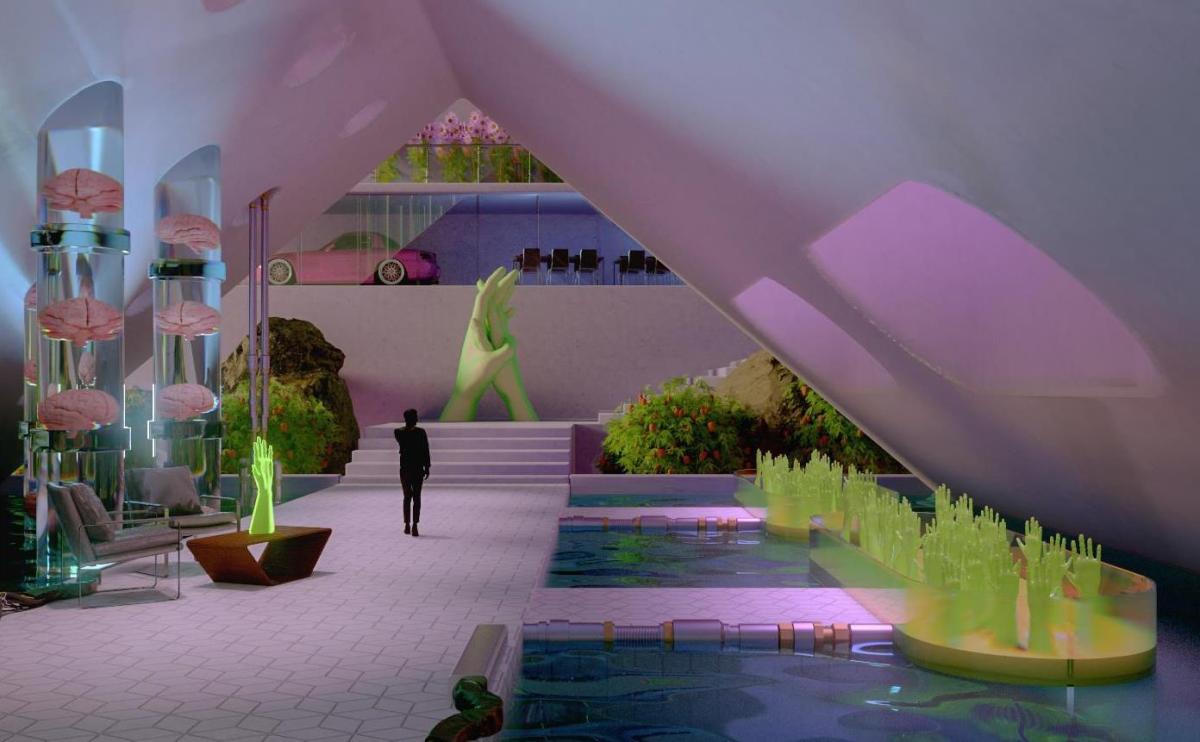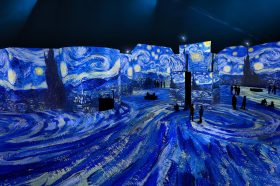As an only child in the 2010s, I was raised on the internet. While this had its drawbacks, the existence of online communities validated my identity, made me feel less alone and encouraged me to access the in-person help I needed. Thanks to the countless blogs, YouTube channels and personal testimonials I found online, I was able to shed the shame attached to mental illness, accept my diagnoses of anorexia and borderline personality disorder and access medical help.
While I had previously considered my conditions to be reflective of my ineptitude, I began to see myself in my full humanity as I connected with my internet counterparts. We shared tips on how to healthily cope, motivated one another to persist in recovery and consoled each other through setbacks and breakdowns. We created a virtual community. In lockdown, I attended group therapy sessions online, workshops and panels alongside countless others from across Australia. I still frequent these groups as a reminder that I am not alone, and I attribute a great deal of my recovery to the online community that technology has afforded me.
As such, it saddens me that technology has taken on a villainous persona in recent times. It’s characterised as a barrier to human connection, a promoter of narcissistic individualism and a stealer of jobs. Social media in particular is frequently demonised as an excavator of empathy, creating chasms in community yet forcing individuals to partake, hostage-like, for fear of missing out. This is in large part due to tech companies who calculatedly erode public life, creating algorithms that intend to seduce individuals into hours of ad-filled, mindless scrolling. However, technology retains the ability to provide us with connection and spark conversation. Melbourne Knowledge Week, the City of Melbourne’s festival of ideas, is a reminder of its potential to help us imagine, collaborate and solve problems together.
Read: Don’t ditch the digital
Throughout lockdown, we all rediscovered the merit of technological platforms. For many months, the sites we had abhorred as alienating became our sole form of communion. Amidst our crafting projects and sourdough starter packs, which were also shared through the internet, we held Zoom trivia nights, watched movies and laughed with our digitised companions. Our pixelated friends, family and colleagues didn’t quite compare to the in-person experience, but these platforms allowed us to adapt and survive a world of isolation.
Melbourne Knowledge Week seeks to celebrate such technologies. The week features an array of entertaining and educational experiences from artists, scientists and thinkers who are pushing the boundaries of technology to inspire connectedness, collective problem-solving and empathy.
[i miss your touch] is one such immersive experience, developed to treat our loss of companionship throughout lockdown. This art experience, which is accessible to anyone with a laptop and internet connection, transports two people who are in separate locations into a shared virtual space. Set against an electronic soundscape, participants are encouraged to dance, hug and move together. In turn, the participants’ movements create a kaleidoscope of patterns, shapes and colourful animations. The ability to occupy the same space, albeit virtually, is a vibrant representation of how technology can create connection.
Technological developments also allow us to better understand and interact with our past. Living instruments is an exhibition by University of Melbourne’s Faculty of Fine Arts and Music, and Melbourne eResearch Group, School of Computing & Information Systems, showcasing historically rare and unique instruments. The ancient instruments have been digitised and mapped, by sampling their sounds, so that participants can play them and create music. Such developments enable us to both preserve history and integrate it into our modern lives.
Similarly, Talking to the Past is an interactive exhibition by Lim + Tao that brings the personas of historical figures to life using artificial intelligence. Through this free exhibition, participants can speak with William Buckley, an English convict who escaped and lived in an Aboriginal community for over 30 years in the early 19th century. Buckley has been programmed using historical interviews, writing and documents, so that his responses can reflect what the historical figure might have said.
Technological developments also allow us to better understand and interact with our past.
Equally, technology is essential to collaboratively confront the problems which affect our future. Phoria has utilised immersive extended reality, which blends the virtual and ‘real’ world, to spark new thinking around technology, humanity and nature, so that we can confront the repercussions of climate change. They are presenting three experiences at MKW. The first, titled Mt Resilience, interweaves augmented reality, scientific knowledge and artwork to exhibit how an everyday Australian town can withstand intense bushfires and severe storms. It is intended to show that there is a way to plan, adapt and strategise to ensure our future survival and resilience against climate change.
Rewild, Phoria’s second MKW experience, seeks to repair the connection between human beings and the natural world by adopting immersive technologies to build compassion for our planet. A series of 3D biomes emphasise the beauty of nature while also underlining the role that humans can play to reverse the loss of biodiversity. Ecosphere is Phoria’s third virtual reality experience which immerses participants in the jungles of Borneo, vast savannahs of Kenya and coral reefs in Raja Ampat to display how humanity and nature can thrive together.
Technology can be harnessed to combat everything from mental health struggles, to climate change and loneliness. Due to the calculated inventions of tech companies who actively seek to degrade public life, we have, understandably, grown to associate technology with individualism and a breakdown in communication. However, countless artists and innovators are contesting this notion to prove that technology can foster collective spaces for collaboration and communal problem-solving. Melbourne Knowledge Week invites everyone to collaborate and celebrate the many technologies that have brought us together and which encourage us to work innovatively to improve our society, our planet and ourselves.





